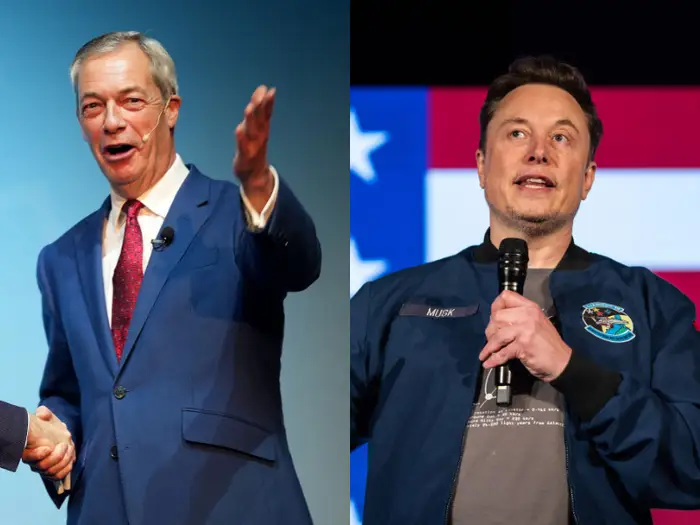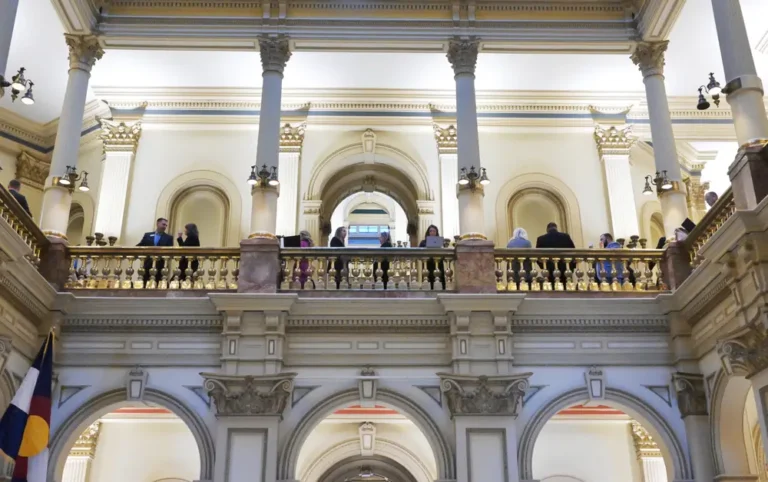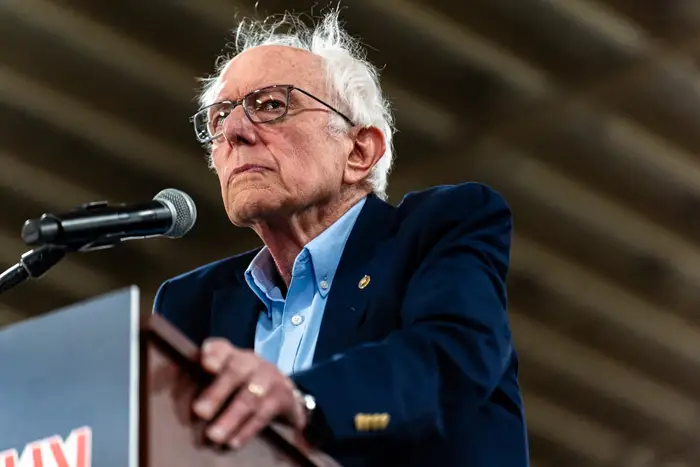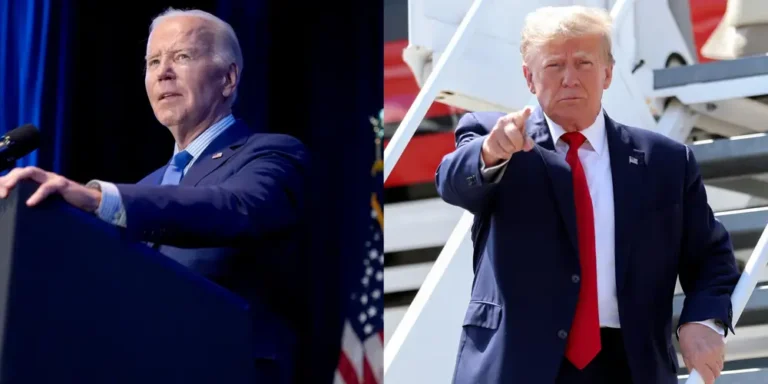Thought San Jose’s 2022 mayor’s race was expensive? Experts say brace yourself.
A $20k limit on candidates reimbursing their campaign loans was nixed in response to a SCOTUS ruling from last year
Last year’s contentious mayoral race in San Jose between Matt Mahan and Cindy Chavez was a costly battle between business and labor interests, shattering the city’s all-time campaign spending record by more than $8 million.
That figure could rise even higher in the coming years, thanks to a 10-1 vote by the San Jose City Council on Tuesday to relax the city’s campaign finance laws in the aftermath of a 2022 Supreme Court case involving Texas Republican Sen. Ted Cruz.
Candidates for public office in San Jose will now be able to recoup their entire campaign loan through the use of pre and post-election contributions. Candidates could previously only recover up to $20,000.
The city’s five-person Board of Fair Campaign and Political Practices made the recommendation to remove the cap. During non-election years, the board reviews the city’s current campaign laws in addition to investigating violations of campaign rules. Bien Doan was the lone councilmember who voted against the change.
Though it may be a minor change in the rules, Larry Gerston, emeritus political science professor at San Jose State University, believes it adds to a long list of ways for more money to flow into politics.
“The essence of all of these (changes) is to remove constraints on campaigns,” Gerston said, referring to the landmark 2010 Supreme Court decision in Citizens United v. Federal Election Commission, which critics blamed for unleashing a flood of political spending. “There is an infinite amount of money available if the powers that be favor the candidate.” This is just a small part of it.”
Councilmember Dev Davis stated in a statement that the change had some positive aspects.
“Removing those restrictions makes it easier for candidates who are new to the scene to get started,” she explained. “Given the new state law (SB 1439) that limits contributions to $250 in many cases, which applies to sitting councilmembers but not to their opponents who aren’t in office, removing the loan limit can also help candidates running for reelection.” As a result, I believe this change is unlikely to have a significant impact on any local elections.”
The city’s new rules are the result of a Supreme Court decision in May 2022. Sen. Cruz purposefully challenged the two-decade-old Bipartisan Campaign Reform Act in a case involving the Federal Election Commission when he loaned his 2018 reelection campaign $260,000, which is $10,000 more than the federal limit.
Chief Justice John Roberts argued in a 6-3 decision that sided with Sen. Cruz that limiting the amount of money a candidate can repay themselves is a violation of the First Amendment and that there were no proven instances of quid pro quo corruption where a donor paid off a candidate’s loans through post-election contributions.
However, Justice Elena Kagan cited an example from Ohio, among others, in which law firms donated $200,000 to assist a newly elected state attorney general in repaying his loans. These companies were later awarded state contracts totaling nearly $10 million.
Dan Schnur, former chair of the state’s Fair Political Practices Commission, is concerned about the dynamic outlined by Justice Kagan.
“I’m not overjoyed,” said Schnur, who teaches political communications at UC Berkeley and the University of Southern California. “Post-election donations have a much greater potential for causing problems than pre-election donations.” This (change) does not always necessitate newly elected candidates doing the bidding of their donors. But it makes that type of quid pro quo activity much more appealing.”
Schnur believes it may also encourage wealthy political candidates to put a lot more of their own money into the campaign because they will know they will be able to repay their loans.
Sean McMorris, a member of the nonprofit California Common Cause dedicated to government transparency, said he’s not sure if the city needs to get rid of the cap at all.
“I know San Jose is being proactive, but it is not clear to me that the SCOTUS ruling, which pertained to federal campaign finance law and post-election fundraising, would necessarily apply to all local campaign finance laws pertaining to candidate loans, or that a city cannot narrowly tailor such a law to avoid running afoul of the SCOTUS ruling,” he wrote in an emailed statement.
The removal of the cap, according to Ann Ravel, a former member of the Federal Elections Commission who previously served as Santa Clara County counsel, is especially concerning for local politics. She claims that, while quid pro quo-style corruption occurs at the federal level, it is even easier to occur in a city like San Jose due to the proximity of donors and ease of access to local politicians.
“I think the ability to influence locally is greater,” Ravel said. “Many people contribute to campaigns, and hopefully many of them do so for the right reasons.” If it’s a lot of money, it’s probably not because you think people will be great public servants, but because those people will be a servant to your interests.”






